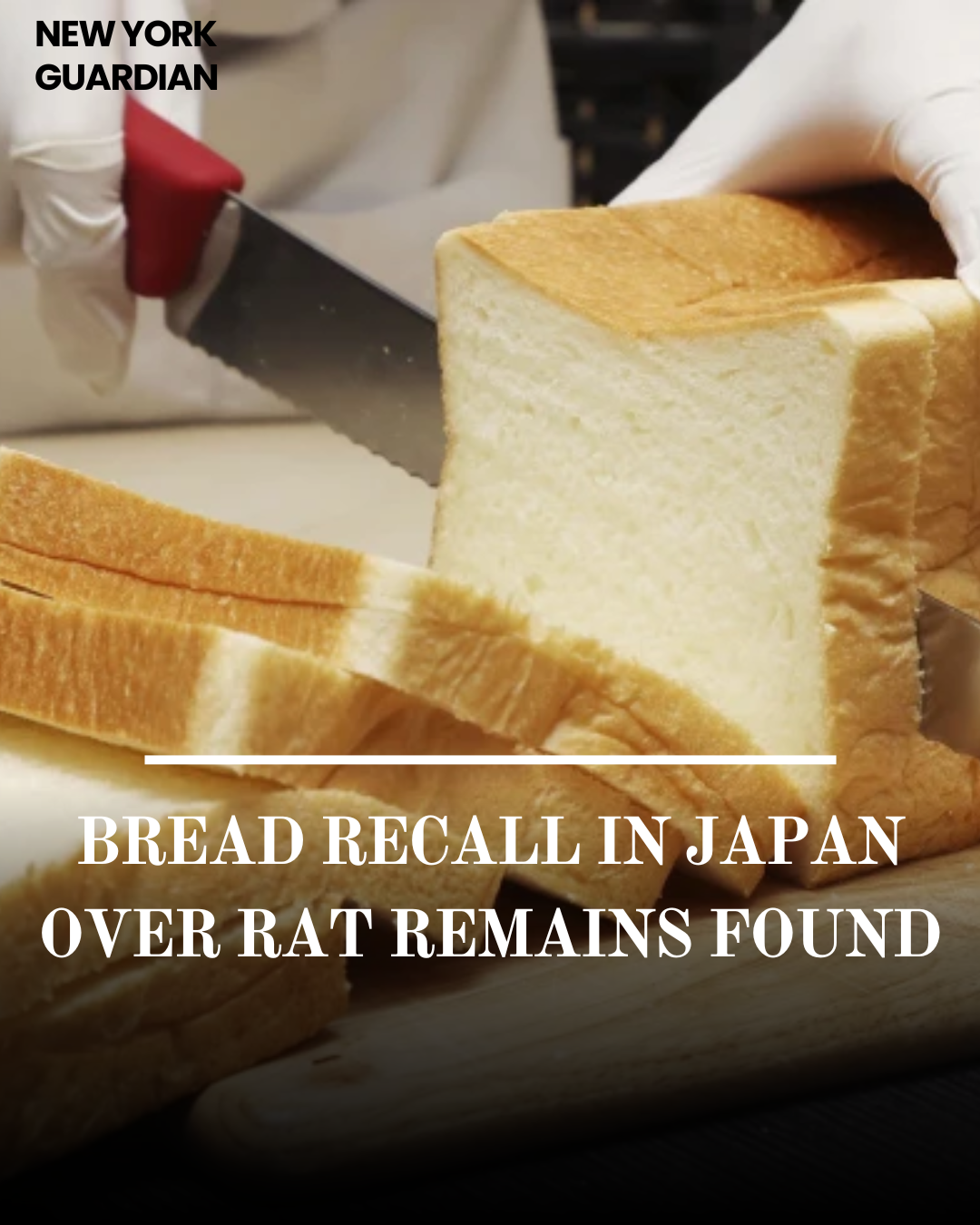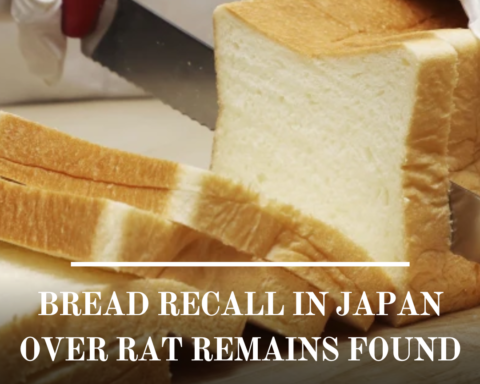One of Japan’s most renowned bread brands is recalling thousands of packages and offering rebates after the remains of a rat was found in its products.
In a concerning development, approximately 104,000 packs of sliced white bread produced by the Pasco Shikishima Corporation have been withdrawn from circulation.
The move follows the discovery of parts of a black rat in at least two packets of bread, prompting immediate action to safeguard consumer health.
Pasco Bread: A Household Staple
Pasco bread holds a significant place in Japanese households, being a ubiquitous presence in supermarkets and convenience stores nationwide. However, recent events have raised alarms regarding product safety and hygiene standards.
No Reported Illnesses, but Precautionary Measures Taken
Fortunately, there have been no reported cases of individuals falling ill due to the contaminated bread, as confirmed by Pasco in an official statement earlier this week.
Despite this, the company expressed profound regret for any inconvenience caused to consumers, business partners, and stakeholders.
Quality Control Measures and Remedial Actions
The affected bread batches were manufactured at a factory in Tokyo, prompting Pasco to suspend production at the facility indefinitely.
While investigations into the source of contamination are ongoing, the company has pledged to enhance its quality control protocols to prevent similar incidents in the future.
Customer Remediation and Global Implications
To address consumer concerns, Pasco has launched an online refund application form for affected customers. Additionally, the company’s products, exported to various countries including the US, China, Australia, and Singapore, are under scrutiny for potential recalls or safety advisories.
Uncommon Food Recall in Japan
Food recalls are relatively rare in Japan, known for its stringent sanitation standards.
However, recent incidents, including the milk contamination in Miyagi prefecture and the cholesterol-lowering supplements recall by Kobayashi Pharmaceutical, underscore the importance of proactive food safety measures.
Continuous Vigilance and Assurance
The bread contamination incident serves as a reminder of the constant need for vigilance in food production and distribution. Authorities and manufacturers must collaborate to uphold strict quality standards and ensure consumer safety.
Maintaining transparency and swift action in response to such incidents is crucial to rebuilding trust and safeguarding public health.





















